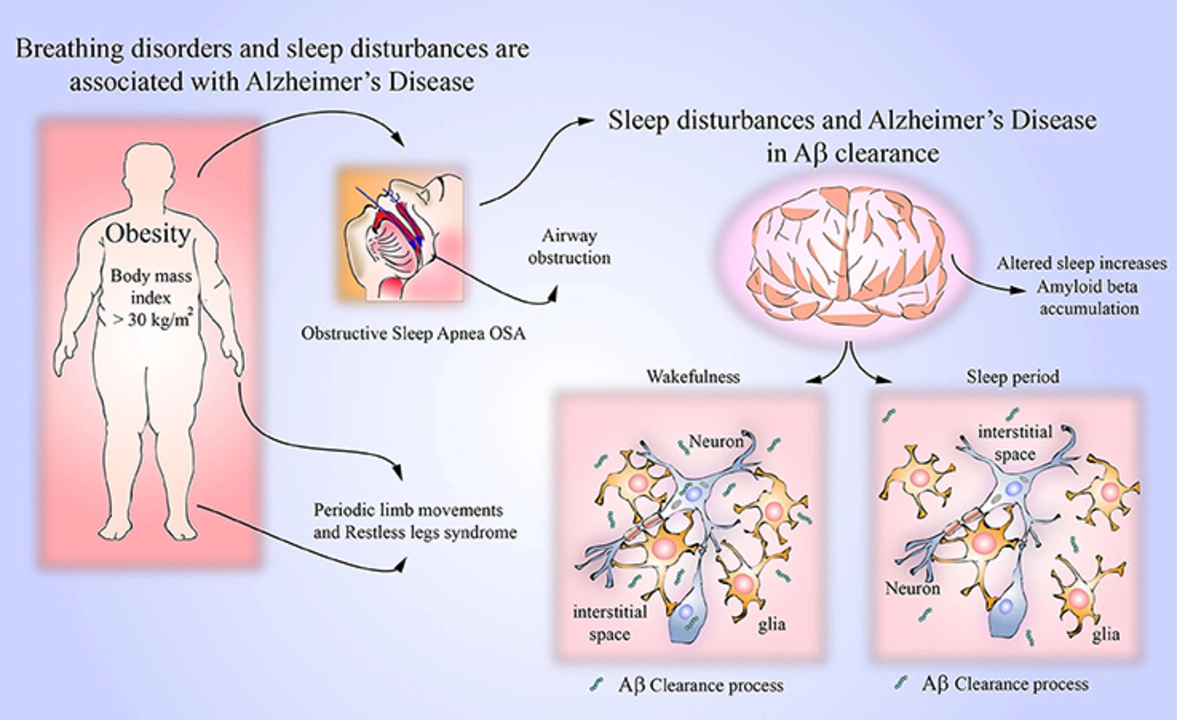Shift-Work Disorder: What It Is and How to Manage It
If your job keeps you working nights, rotating shifts, or early mornings and you struggle to sleep, you're not alone. Shift-work disorder happens when your body's internal clock (circadian rhythm) is out of sync with your work hours. That mismatch causes trouble falling asleep, staying asleep, or feeling alert on the job. Left untreated, it can wreck mood, performance, and even safety while driving or operating machinery.
Symptoms and Diagnosis
Common signs include excessive sleepiness at work, poor sleep during the day, trouble concentrating, and frequent mistakes. You might also have headaches, irritability, or rely on caffeine to get through shifts. Doctors usually ask about your sleep schedule and symptoms, review a sleep diary, and sometimes use actigraphy (a wrist monitor) or sleep studies to rule out other sleep disorders. If sleepiness is severe, your clinician may test for other causes like sleep apnea or depression.
Practical Strategies to Sleep Better
Start with routines you can control. Sleep hygiene matters more when your schedule is upside down:
- Keep a regular sleep window even on days off when possible — consistency helps your clock adapt.
- Create a dark, cool bedroom for daytime sleep. Use blackout curtains and a white-noise machine or earplugs to cut noise.
- Nap smart: a 20–30 minute nap before a night shift boosts alertness without grogginess. Longer naps can help but may interfere with main sleep.
- Use light strategically. Bright light when you need to be awake (start of your shift or right after a short nap) helps reset your rhythm. Wear sunglasses on the commute home to avoid morning light that tells your brain to stay awake.
- Time caffeine: drink caffeine at the start or middle of your shift, but avoid it in the last 4–6 hours before your planned sleep to prevent difficulty falling asleep.
- Consider melatonin: low doses (commonly 0.5–3 mg) taken 30–60 minutes before your daytime sleep can help some people. Talk with your doctor about timing and dose.
If tools above aren't enough, medical treatments exist. Prescription wake-promoting drugs (like modafinil or armodafinil) can improve alertness during shifts for some people, and short-term sleep aids may be used selectively. Always see a clinician to discuss benefits, side effects, and safety — especially if you drive or operate heavy equipment.
Workplace fixes also help: ask about steady schedules, forward-rotating shifts (day → evening → night), and longer recovery periods between changes. Employers can support bright-light exposure in the workplace and quiet rest areas for planned naps.
Shift-work disorder is common, but practical steps usually make a big difference. If sleepiness persists, get evaluated — untreated sleep problems increase accident risk and reduce quality of life. A clinician can tailor a plan with lifestyle tips, light or melatonin timing, and, when appropriate, prescription options.

